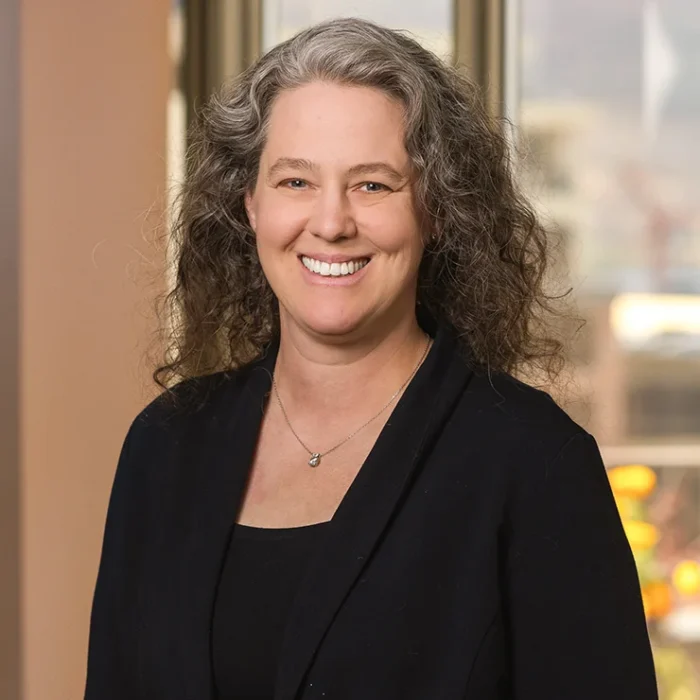For years, non-status Indians and Metis individuals have been trapped in a jurisdictional game of hot potato between provincial governments and the Federal Government, often leaving those individuals ineligible for programs and assistance. Now, the jurisdictional question has been resolved by the Supreme Court of Canada in the decision Daniels v. Canada, and non-status Indian and Metis individuals finally have a clear ruling that the Federal Government has jurisdiction.
The Daniels case was brought as a request for three declarations. The first concerned whether the Federal Government had jurisdiction over non-status Indians and Metis as part of its jurisdiction over “Indians” in the Constitution. The other two dealt with the fiduciary obligations of the Crown, and will be further discussed later in this article.
In finding that the Federal Government had jurisdictional responsibility for non-status Indians and Metis, the Supreme Court of Canada had stern words. The Court referred to these communities as being in a “jurisdictional wasteland with significant and obvious disadvantaging consequences.”
The Court also ruled that there need not be consensus on who is considered Metis or a non-status Indian in connection with the question of jurisdictional responsibility. Particularly, the court found that acceptance by an individual by the modern Metis community is required to establish federal jurisdiction.
There were two other declarations before the court: the first regarding whether the Crown owes a fiduciary duty to non-status Indians and Metis, and the second whether the Crown has a duty to consult. The court declined to grant both of these declarations on the basis that they would be a restatement of existing law. This means, although the court declined to make the declarations, the court clearly confirmed that the legal principles stated in those declarations had been previously decided by the Supreme Court of Canada in other cases.
Andrea East is a business lawyer at Pushor Mitchell LLP practicing in the area of First Nations Law. You can reach Andrea at 250-869-1245 if you would like assistance.

